The EU Could Still Change Its Mind On Combustion Engine Ban
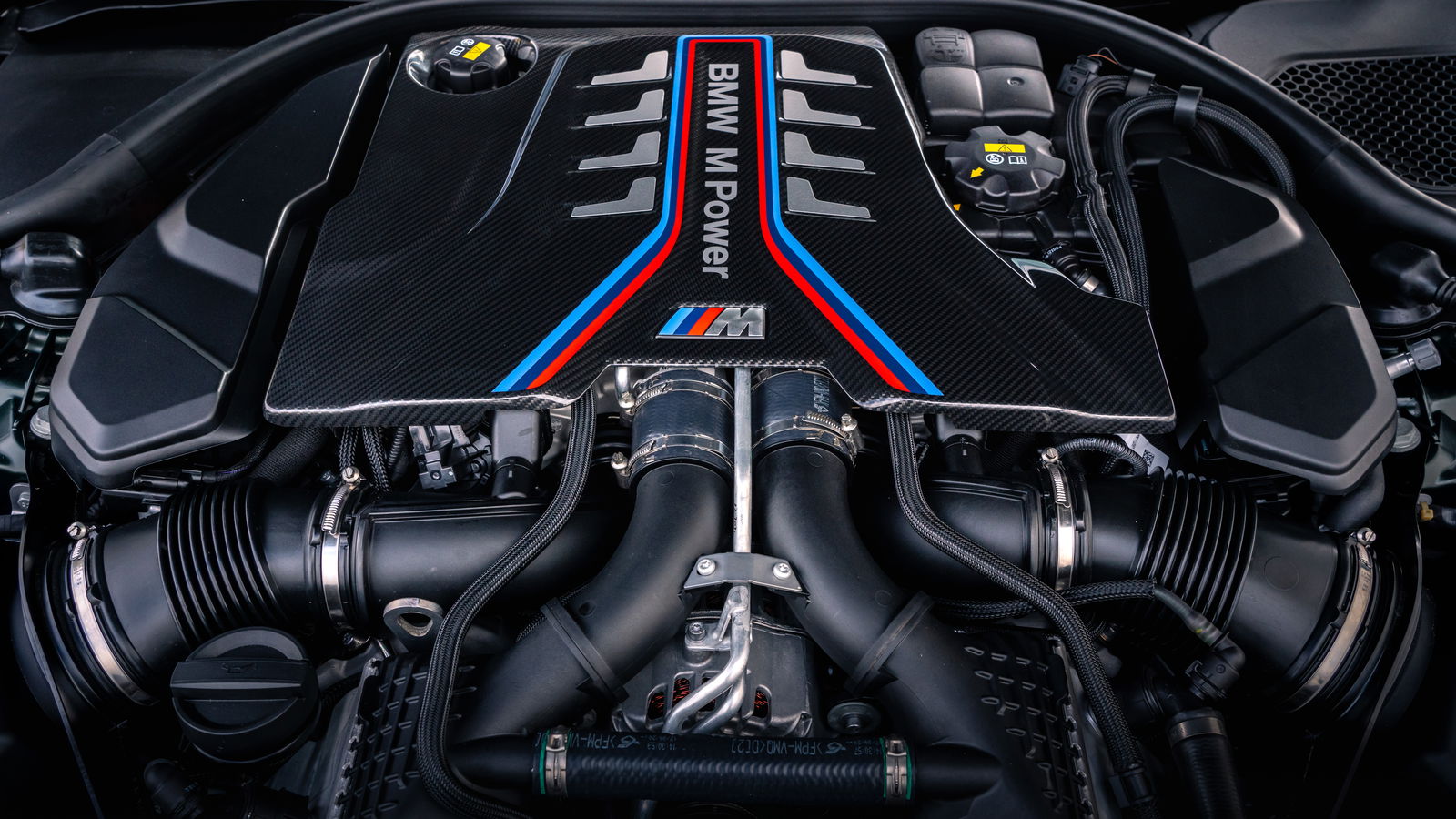
The debate over exactly what will power the cars of the future continues. Until a couple of years ago, the dominance of the electric car seemed all but guaranteed, but more recently, that’s looked on slightly shaky ground as car manufacturers and legislators alike explore alternative avenues.
The latest development comes as the European Union gears up to elect a new parliament in June. As part of her campaign to be re-elected, the current president of the European Commission, Ursula von der Leyen, has promised to evaluate the progress made by synthetic fuels in 2026, offering the internal combustion engine a glimmer of hope.
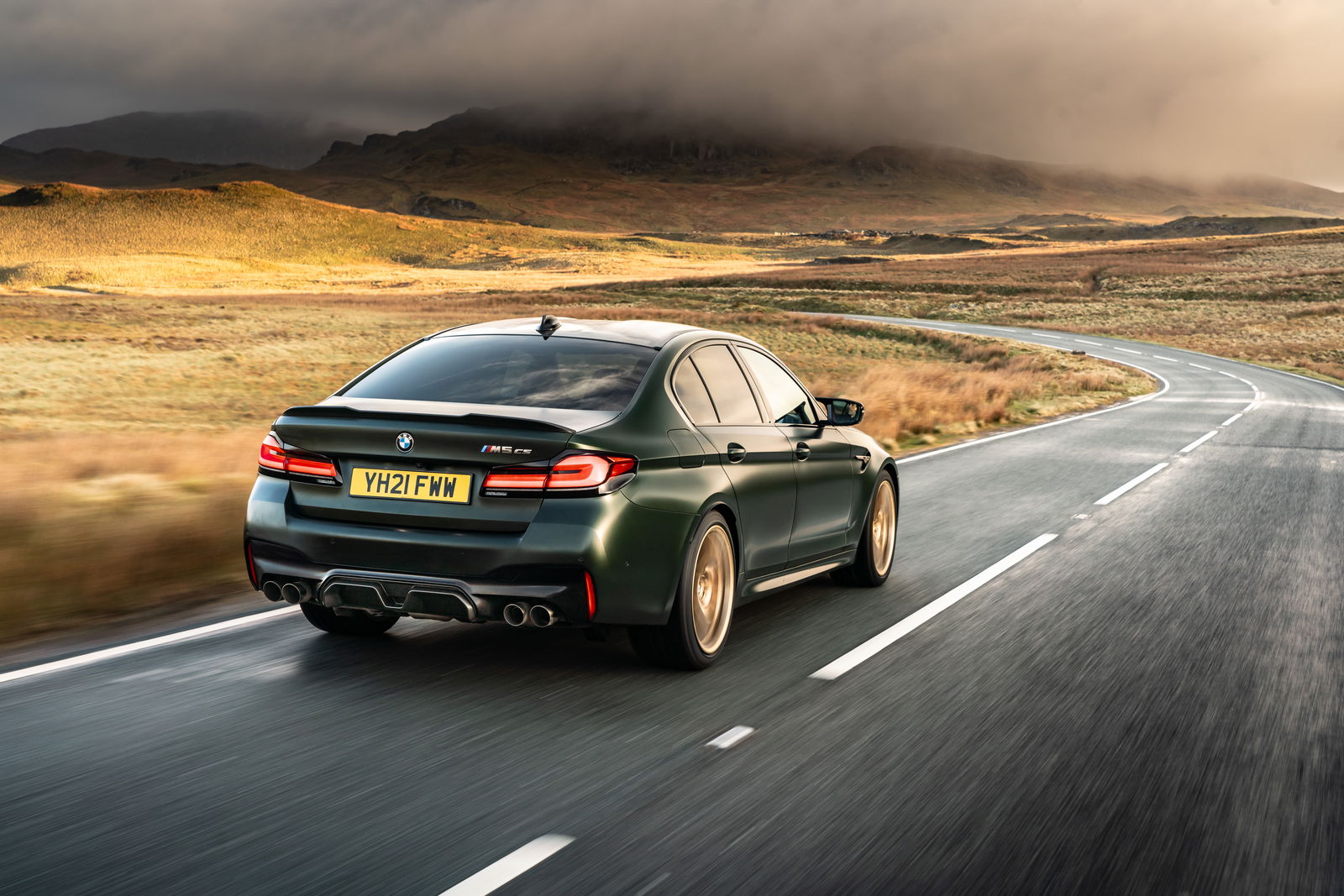
In 2022, the EU proposed legislation to ban the sale of all new combustion-engined cars in 2035. This would have included any form of hybrid, effectively leaving full battery electric vehicles (BEVs) as the only option (excluding increasingly niche alternatives like hydrogen).
The proposal, however, was met with significant pushback from a number of member states, including Germany and Italy, both of which have large automotive industries. They cited economic concerns around the switch to manufacturing only electric vehicles as the main reason for their reluctance.
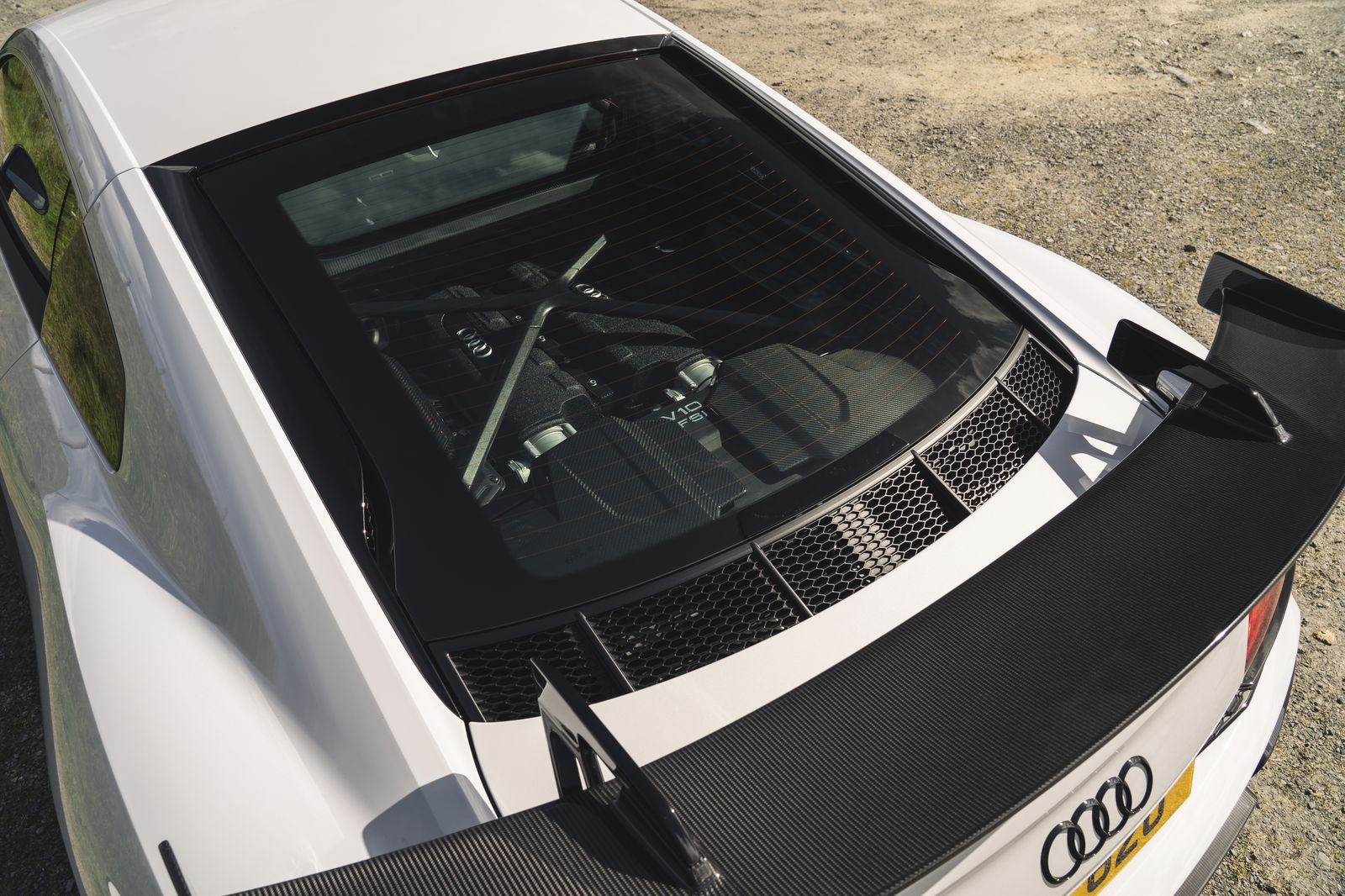
These nations pushed for an exemption for synthetic fuels, or e-fuels, which are produced using renewable energy and carbon capture technology, theoretically cancelling out the greenhouse gas emissions produced by burning them in an engine, making combustion engines carbon neutral. They are able to be used in existing combustion engines without modification.
Ultimately, the 2035 ban was passed in 2023 with the caveat that, in 2026, the progress being made by e-fuels would be evaluated with a view to including them as part of the 2035 legislation. Now, von der Leyen has doubled down on this stance as she seeks re-election.
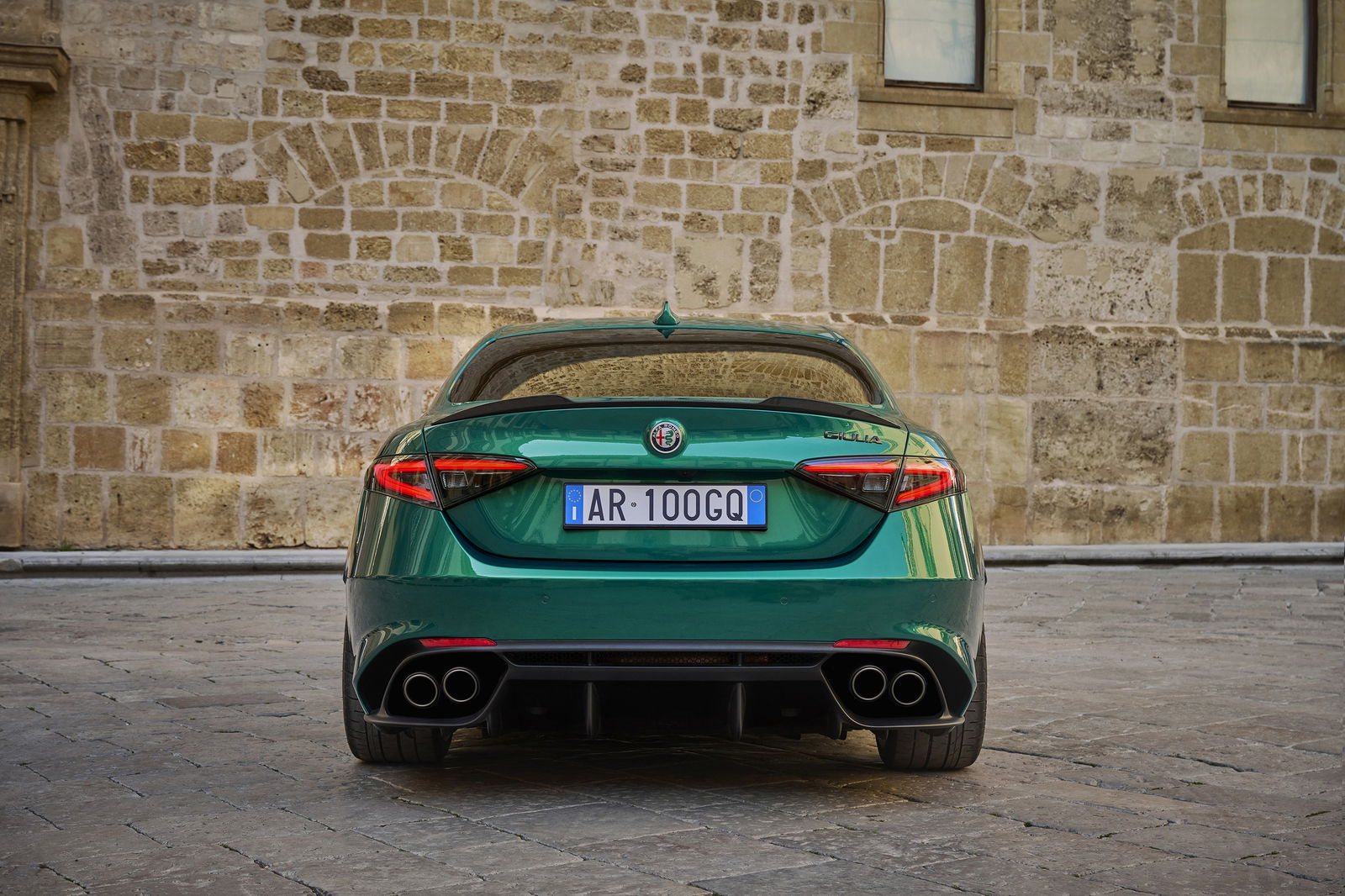
Separately to this issue, but representative of the constantly shifting political narrative on the combustion engine, the EU agreed last year to both delay the introduction of its upcoming Euro7 emissions regulations to 2026 and relax their requirements. This will likely give some current engines, like Audi’s five-cylinder turbo and Alfa Romeo’s twin-turbo V6, longer shelf lives than expected.
What does this mean for those of us in the UK, which left the EU in 2020? So far, since Brexit, Britain has largely mirrored the EU’s transport policy, although it’s set its own deadlines for the end of combustion car sales. This was initially 2040, a date that was then moved forward to 2030 before being rowed back again to 2035. At this stage, no mention has been made of plans to exempt e-fuels from this, and the date certainly has scope to change again with a general election set for later this year.

This is ultimately a highly changeable issue, with legislation fluctuating day by day and nation by nation. There are issues with both sides of the debate, with concerns around the real potential of e-fuels to be truly carbon neutral and affordable within the next decade. EV detractors, meanwhile, cite concerns around the increased carbon emissions of producing electric cars in the first place, as well as the aforementioned economic concerns and the issue of providing the infrastructure needed.
It’s also worth mentioning that none of this applies to second-hand cars, and there are no immediate plans anywhere to outlaw the use of existing combustion-engined cars. What powers the car of the future is still anyone’s guess at this point, although it’s fair to say that a majority of car enthusiasts harbour at least some hope that e-fuels will give the combustion engine a second chance.
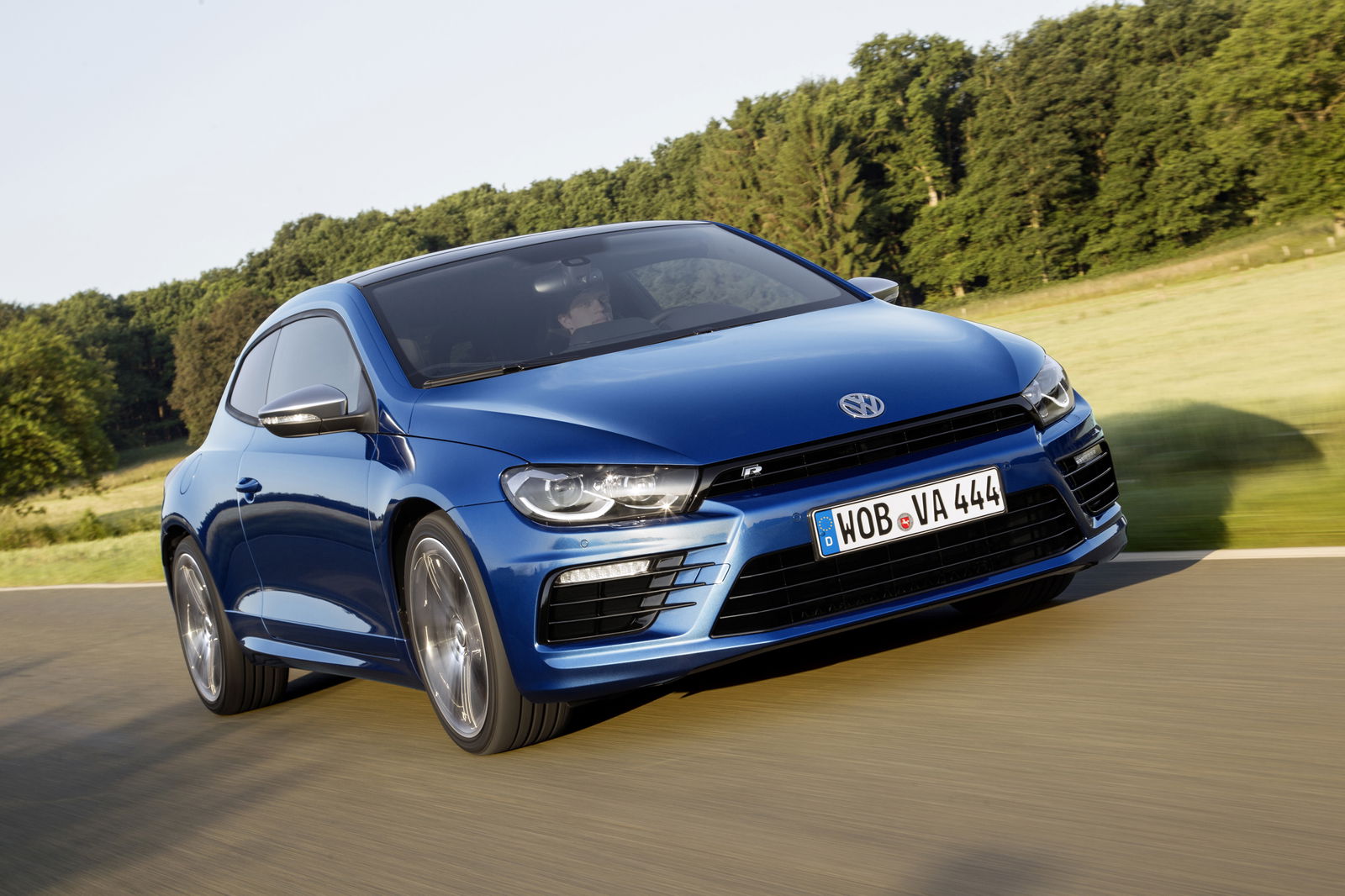
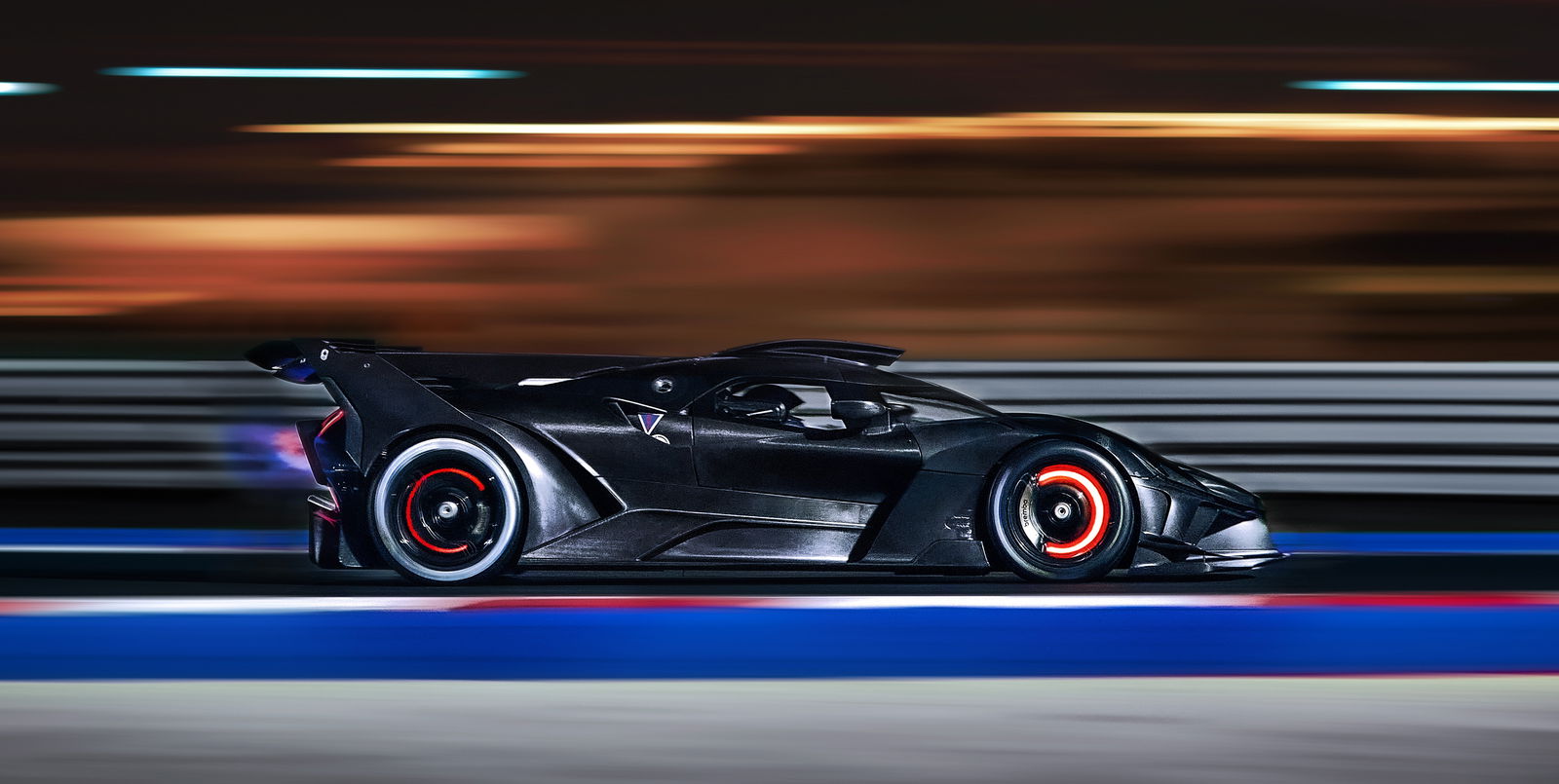







Comments